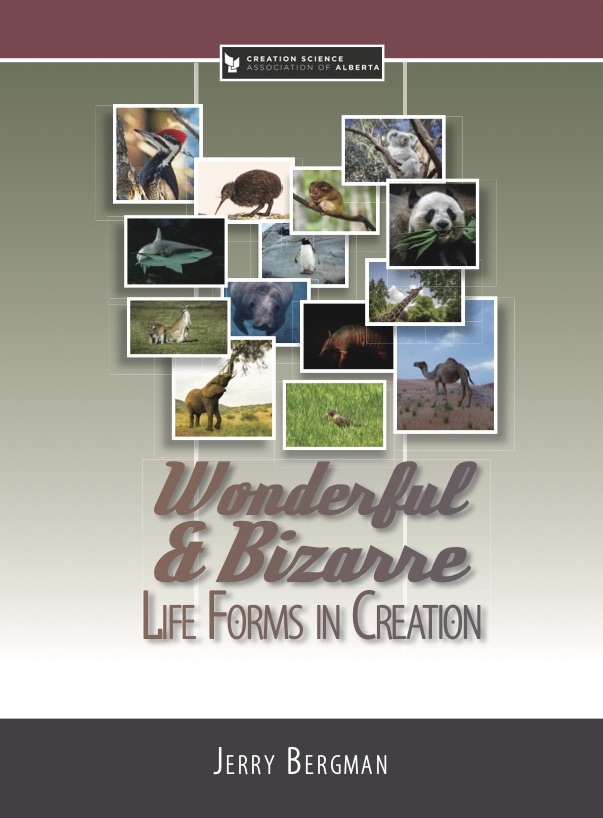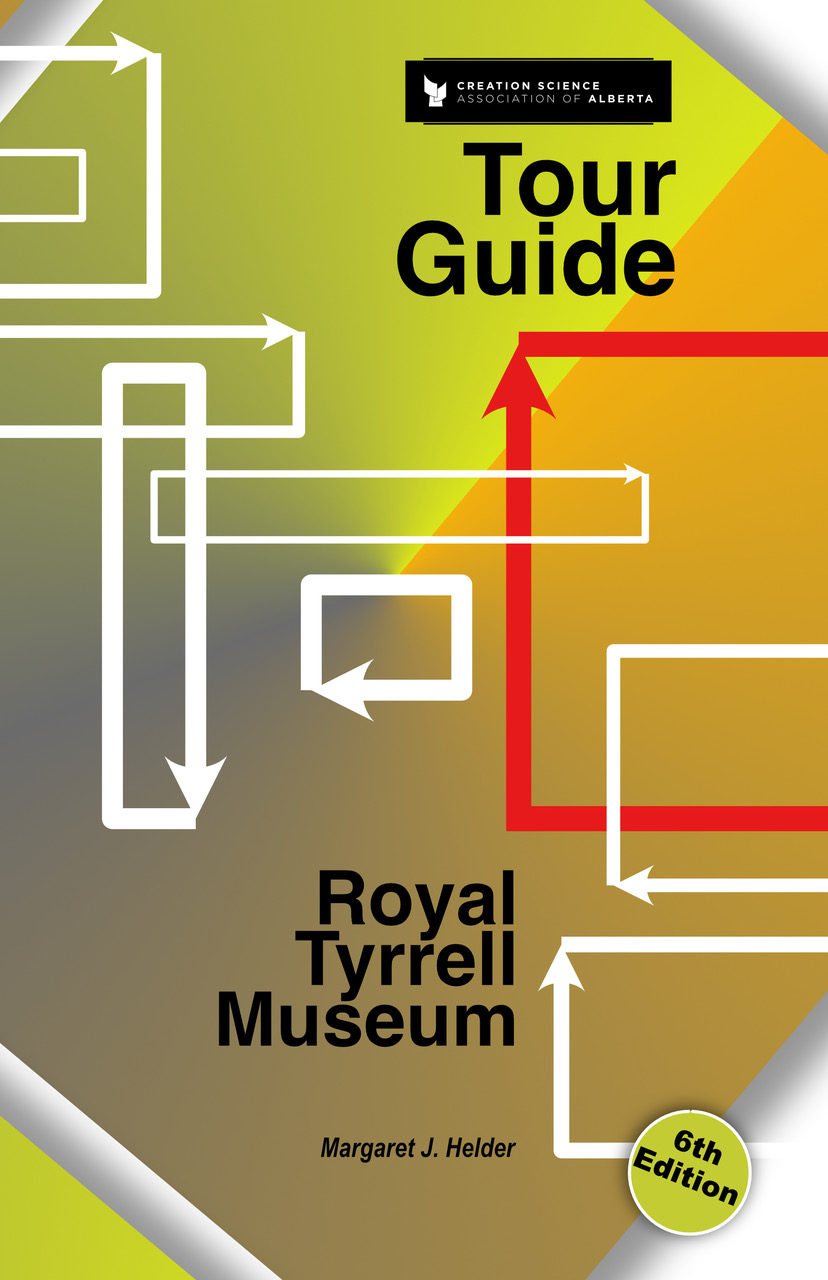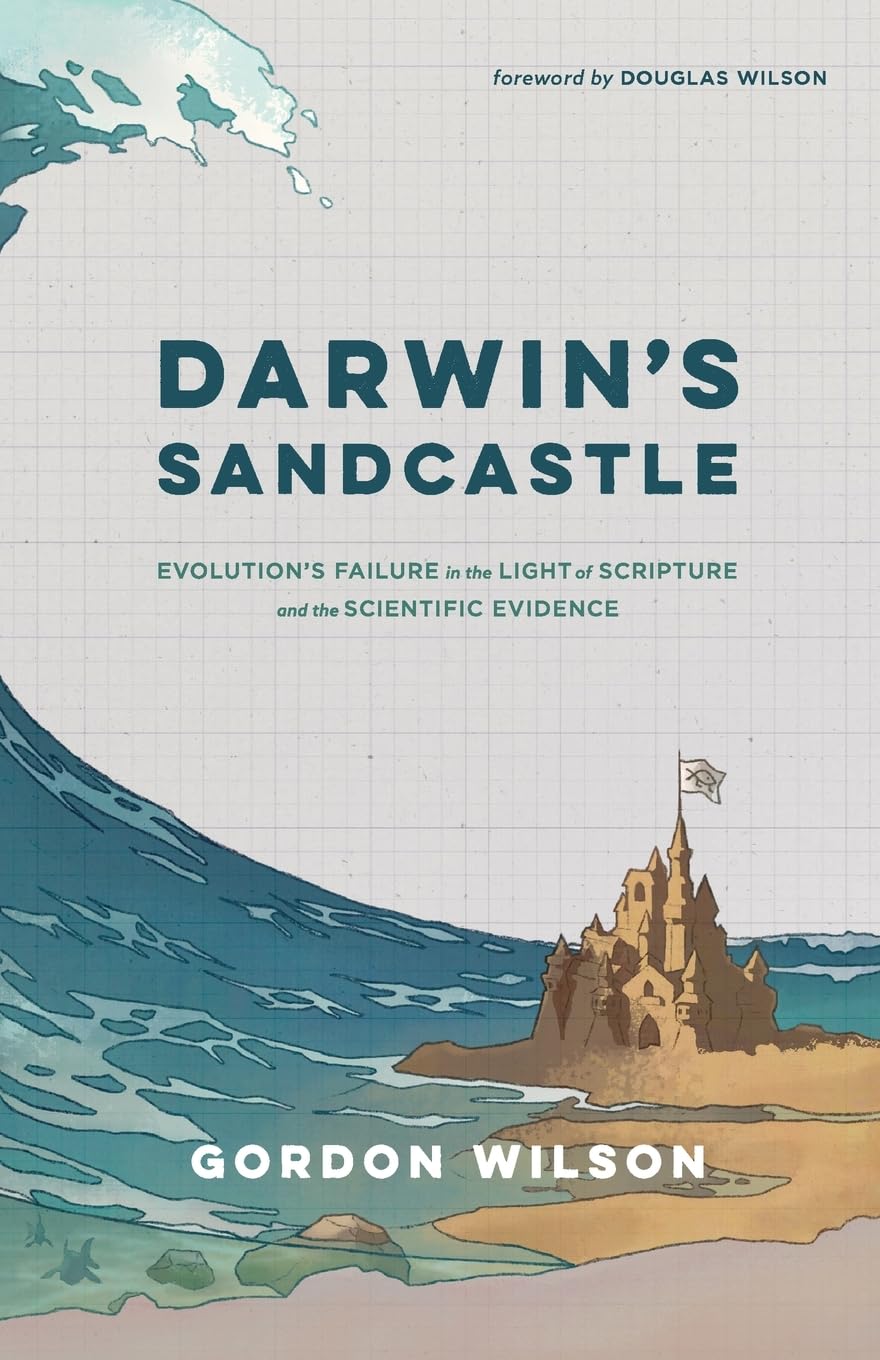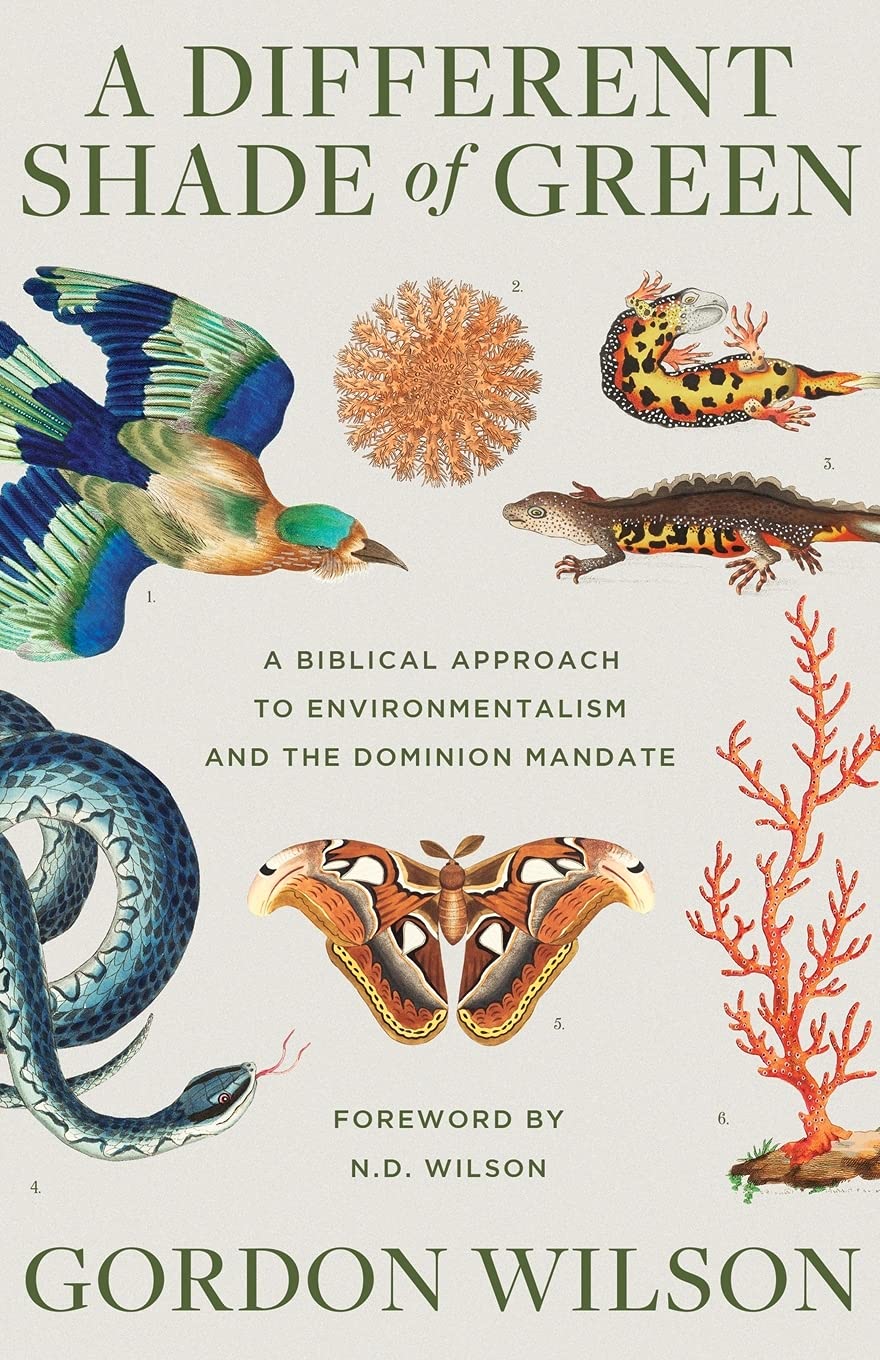Why secular scientists seek answers they don’t want and don’t expect to find
It scarcely sounds upbeat! Yet John Horgan’s 1996 book The End of Science was a runaway best seller. How could a book on the status of science at the end of the 20th century be hugely entertaining, wonderful, provocative and intellectually bracing as various reviewers proclaimed? For a start, the author is thoroughly familiar with his subject. John Horgan is a senior writer for Scientific American and has won several prestigious awards for his work. In addition, his position enabled him to secure interviews with many of the most influential scientists of our day. His list is a veritable who’s who of famous individuals including astronomer Sir Fred Hoyle, palaeontologist Stephen Jay Gould, cosmologist Stephen Hawking, evolutionary linguist Noam Chomsky, evolutionist Sir Richard Dawkins, cosmologist Andrei Linde, biologist Lynn Margulis, sociobiologist E. O. Wilson, DNA discoverer Francis Crick and mathematician Claude Shannon (who developed information theory). In some cases Mr. Horgan’s interviews came just in time since scientific philosophers Sir Karl Popper, Paul Feyerabend and David Bohm died within a few months of their interviews in the early 1990s.
These credentials may make the book interesting or useful, but fun? The spice that makes the whole philosophical concoction so tasty, is Mr.Horgan’s descriptions of the scientists themselves. He does not go out of his way to flatter them. For example, of the interview with mathematician Gregory Chaitin, we read “I opened my mouth, intending to grant the possibility that in the future science might be carried forward by intelligent machines. But Chaitin, who had begun talking faster and faster and was in a kind of frenzy, cut me off. “You’re a pessimist! You’re a pessimist!” he shouted…. A plane droned, gulls shrieked, and Chaitin’s howls of laughter fled, unechoed across the mighty Hudson.” (242) And of the ninety year old Sir Karl Popper we are informed: “Once seated, he kept darting away to forage for books or articlesthat could buttress a point. Striving to dredge a name or date from hismemory, he kneaded his temples and gritted his teeth as if in agony. At one point, when the word mutation briefly eluded him, he slapped his forehead repeatedly and with alarming force, shouting, ‘Terms, terms, terms!'” (p. 35)
Like the title of the book however, Mr. Horgan’s major focus is not light hearted. He informs us that the most important question facing science (and us) today is why anything exists: “The Question, the one that lurks behind all other questions … Why is there something rather than nothing? (p. 8) Christians know the answer: “In the beginning God created the heaven and the earth.” (Genesis 1:1) but secular scientists are faced with an appalling chasm of ignorance. The interesting thing, says Mr. Horgan, is that although secular scientists keep asking the question “Why is there something rather than nothing?” they do not really want to find an answer.
British physicist and cosmologist Roger Penrose suggests that it would be bad news to suppose this question could be answered because then science would be “rather boring” (p. 3). Similarly philosopher Nicholas Rescher maintains that if the search for knowledge ended, there would not be anything left to give meaning to our existence (p. 29). He claims that meaning comes from the quest, not from any information that might be discovered. Similarly, says Mr. Horgan, it was the objective of Sir Karl Popper, Thomas Kuhn and Paul Feyerabend “to infuse scientists with doubt. Only thus can the human quest for knowledge remain open-ended, potentially infinite, only thus can we remain awestruck before the mystery of the cosmos.” (p. 33) Physicist and Nobel Prize winner Steven Weinberg echoed these sentiments “there will be a sense of sadness about the achievement of a final theory since it will bring to a close the great quest for fundamental knowledge.” (p. 75) Likewise Andrei Linde, famous for his views on inflationary universes, is said to have voiced similar views: “Linde seemed to be saying that his goal as a physicist was not to achieve resolution, to arrive at The Answer or even simply an answer, but to keep moving, to keep skating. Linde feared the thought of finality.” (p. 102 italics his)
The general public might well wonder why scientists are asking a question for which they do not want to find the answer. Mr. Horgan tells us that it is because the process of asking is such fun. “In science as in all else, the journey is what matters, not the destination.” (p. 245) He likens our situation to a theatrical performance “We cannot help but believe we are actors in an epic drama dreamed up by some cosmic playwright …. the happiest ending would be no ending.” (p. 245) Thus the modern scientist does not want to discover truth, he wants to continue going through the motions of the search.
The Christian, of course, already knows why there is something rather than nothing. We call to mind for example “By the word of the Lord were the heavens made; and all the host of them by the breath of his mouth … For he spake, and it was done; he commanded and it stood fast.” (Ps 33: 6 and 9). The objective of Christians in studying nature has always been to obtain information. Consider for example the case of Canada’s most eminent palaeontologist Sir William Dawson (1820-1899). His interest in science was to discover “evidence of divine design and of material Providence.” (Ramsay Cook p. 10) One hundred years later Christians still study nature because God made it to be observed and to testify to His glory. Unlike the secular types, it is the insights or answers which give Christians pleasure. They want answers.
If modern scientists do not really want to find answers to their questions, it seems relevant to ask whether they believe any answers exist. Is there ultimate truth waiting to be discovered, or not? Mr. Horgan professes himself surprised to discover that many prominent scientists actually deny that there is any truth or reality to discover. He calls this “one of science’s dirty little secrets” (p. 271). He explains their skepticism as the joy of the hunt “truth-seeking, not truth itself, is what makes life meaningful.” (p. 271) By means of this ploy “They sacrifice thenotion of absolute truth so they can seek the truth forever.” (p. 272) This attitude contrasts with the words of John 8:28 “You shall know the truth, and the truth shall make you free.” Christians have firm confidence in ultimate reality, in God who “by wisdom founded the earth; by understanding has he established the heavens.” (Proverbs 3:19) It is easy to be focused on one’s studies when one understands the source of wisdom and truth.
Who cares?
The attitudes of many influential scientists contrast sharply with public perceptions of science. Many educators and specifically many textbooks convey the impression that science is our only reliable source of information. Science is imagined to represent objective reality. One of the results of this attitude is that the public has not only been beguiled into abandoning their Christian faith but also the Christian foundations of society. Sir William Dawson, Canada’s nineteenth century Presbyterian geologist feared this outcome. He predicted that the denial of God’s place in nature would result in social chaos. Mr. Horgan briefly mentions these issues. “The chilling moral and philosophical implications of Darwinian theory were spelled out long ago … God is dead.” (p. 149) This implication is evident throughout Mr. Horgan’s book. If there is no ultimate reality of course there is no God. However even if secular science were to discover a final theory, it still would provide no moral insights. As Mr. Horgan points out in a quote from Steven Weinberg “We’ve learned to absolutely disentangle value judgments from truth judgments.” (p. 176)
The major message of John Horgan’s book was that science has already achieved the best insights from nature: “There will be no great revelations in the future comparable to those bestowed upon us by Darwin or Einstein or Watson and Crick.” (p. 16) His message was that future gains may become progressively less interesting and less significant. The response of many scientists to this proposal, as Mr. Horgan pointed out, was to claim alternatively that current explanations will be replaced and that the search for answers will go on and on and will never reach fulfillment.
It is time for Christians to declare their independence from some aspects of secular science. We have the answer to the question they will forever seek. Their pursuit is bankrupt. Mr. Horgan implied as much. In response let’s show a healthy skepticism to secular scientific speculations. Some may be valuable, others not. After all we have an opposite focus for our research. We start with an answer, not a question. Christian explanations will frequently be different. Just keep a critical attitude.
Margaret Helder
August 1995
Subscribe to Dialogue







